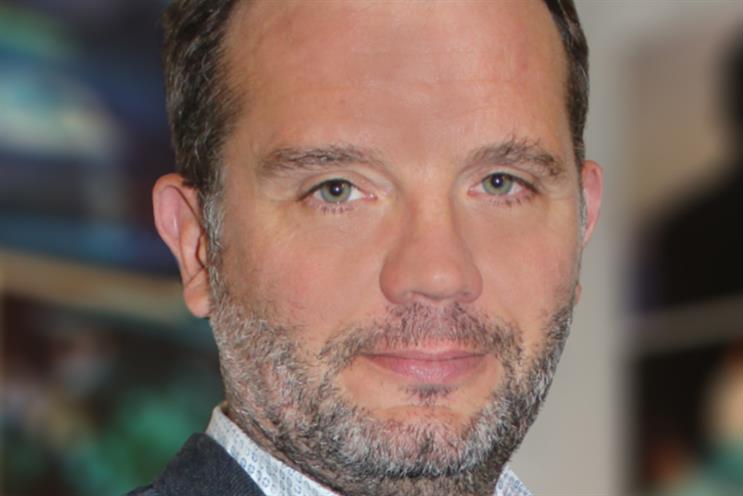If medium-sized advertisers are feeling squeezed, they need to look beyond media agencies as the cause.
Ex-Labour leader Ed Miliband talked a lot about “the squeezed middle” as part of his 2015 election campaign. And with the benefit of hindsight, sadly, it didn’t seem to do him much good.
We were a little perplexed about the suggestion there could be a similar squeeze inflicted on many advertisers by “our” side of the media industry, in ±±ľ©Čüłµpk10 media and tech editor Omar Oakes' column last week. The landscape, and industry experience, is far wider than that of the media consultants alone cited in this piece.
Yes, as the article highlights, there may well be challenges with some big advertisers throwing their weight around. We’re not aware ISBA’s Media Services Framework offers protection from this to medium-sized advertisers [as an intermediary quoted in Oakes piece suggests].
When it comes to media agency service provision, there is a plentiful supply. Advertisers of all sizes take their pick from a diverse media agency community offering prolific choice by size, ownership structure, regionality and specialism.
Within IPA membership there is a choice of 67 media agency brands, operating from a total of 110 individual offices around the UK. To paraphrase . (There are, of course, other agencies, although 40 of the top 50 media agencies, as measured by Nielsen and published by ±±ľ©Čüłµpk10, are IPA members who handle more than 97% of the listed 2020 agency billings.)
In terms of the transparency of the media agency community, on behalf of our members, we are the only UK advertising trade association that fully and publicly supports both the Cross-Industry Programmatic Taskforce, whose mission is to transform the programmatic supply chain in order to allow campaigns to be evaluated and audited end-to-end, and TAG TrustNet to improve the transactional transparency and accountability of digital media procurement.
Both these initiatives have attracted the attention of the Department of Culture, Media and Sport and the Competition and Markets Authority as they seek to address market dominance in online advertising. After all, it’s not the dominance of agencies that concerns them. To quote a : “A dedicated Digital Markets Unit will be set up to introduce and enforce a new code to govern the behaviour of platforms that currently dominate the market, such as Google and Facebook.”
As for some advertisers being too big to do everything themselves on a self-serve basis on Google and Facebook, there is some merit in being grateful for what you have. And what you don’t have.
We did not view the passing on of last year’s Digital Services Tax to advertisers as an inevitable 2% inflation of media cost. When Facebook announced it would not be passing on the tax to advertisers, .
Ultimately, let’s not forget, advertisers – of any size – hold the purse strings. And they vote with their wallets. But if any are feeling squeezed, they should beware of the siren song of media consultants; it’s not media agencies that are the source of this woe.
Nigel Gwilliam is director of media affairs at the IPA


